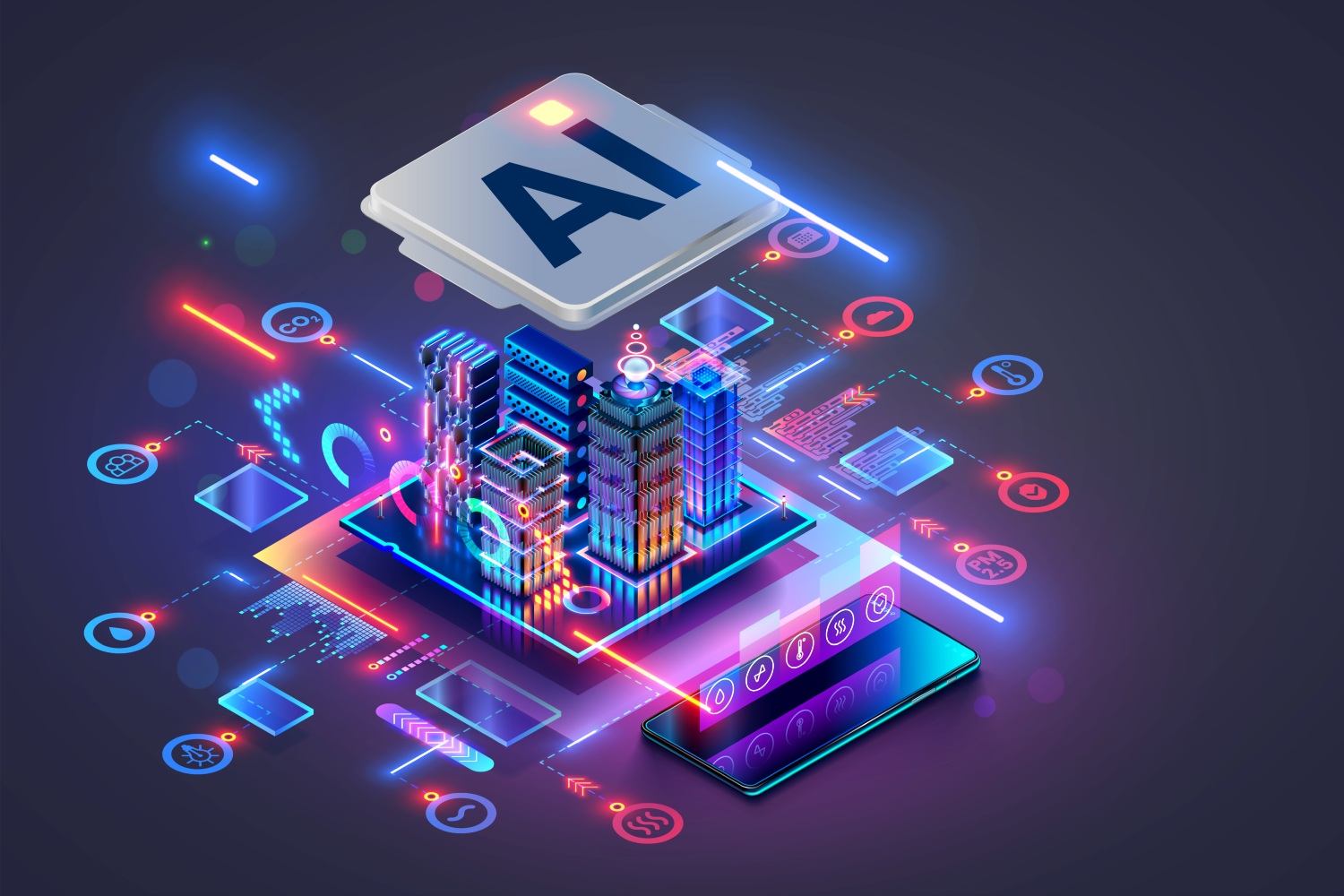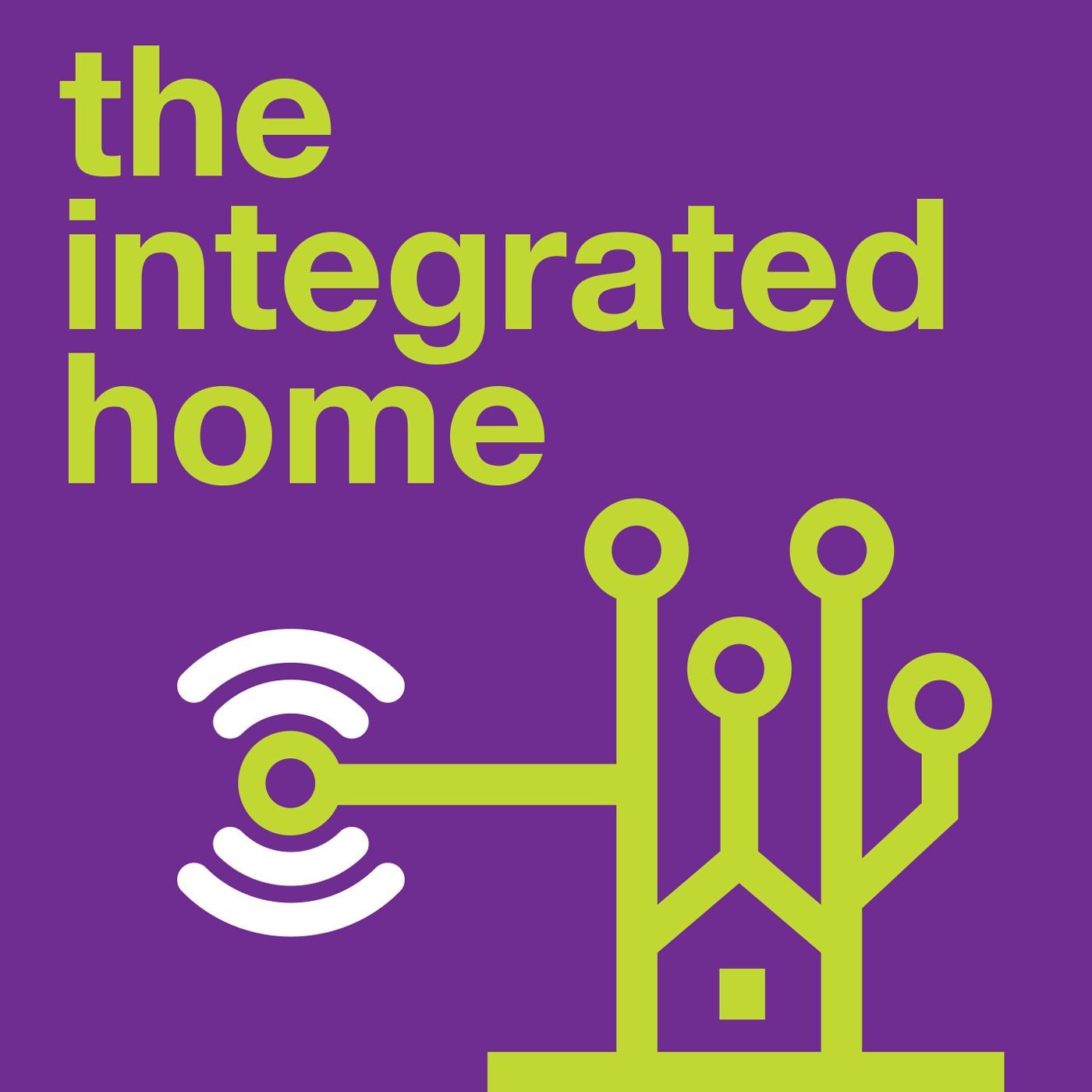
Going exponential: the digital transformation benefits of AI for smart buildings
ISE InsightsThere’s a new focus on how smart buildings might better facilitate the digital transformation of the occupants' businesses.
It’s been just over two years since conversations around artificial intelligence (AI) transcended the tech industry. As AI tools have become more readily accessible following the proliferation of generative artificial intelligence (GenAI) platforms, the potential benefits of AI have become clearer to many.
Over the same time period, smart buildings have been playing an increasingly important role in work and society. Many of the benefits that owners, occupants and stakeholders are experiencing as the built environment transforms can already be attributed to AI – especially in conjunction with IoT technology.
The next stage of this evolution is now beginning. The focus is shifting to how buildings might better facilitate the digital transformation of the occupants' businesses. This compound effect, dubbed digital transformation2 by Bob Snyder, ISE’s Smart Building Summit 2025 chair, will be a key theme of the Summit. But what does DT2 look like, exactly? And how can AI help it to take shape?
Occupant-centric design
Today’s architects are asking more questions than ever about the expected occupant of a building before they even begin the design process. They’re using the information they receive to build a detailed profile of predicted occupant needs – and AI can be utilised to help anticipate everything from the specific tech infrastructure the company will require to the comfort of the occupants (down to the level of individual personalisation).
In the context of a time when many organisations have made the decision to downsize their physical footprint, tailoring the design of buildings to support specific business outcomes in this way creates a compelling proposition for companies to instead lease more suitable office space and inhabit a new type of environment that can help to future-proof their business and allow them to operate competitively in the years to come.
Back to the (smarter) office
In a post-pandemic era, there’s also an often understandable reluctance on the part of some employees who are used to remote or hybrid working models to return to the office on a regular basis. Many feel that the negative aspects of office working outweigh the benefits in the context of maximising their own performance and fulfilling the requirements of their role.
But DT2 creates new opportunities to make the office an appealing prospect for top performers once again.
AI is often best used to process and analyse large quantities of data from multiple sources, drawing insights that help humans to develop creative solutions to specific problems. In the context of smart buildings, this involves analysing occupant preferences and behaviours that can lead to key decisions about how to optimise the inhabitant experience, boosting their engagement and performance in the process.
Artificial intelligence can also allow building owners/operators to seamlessly integrate advanced technologies (augmented reality and advanced automation, for instance) where they can be most beneficial – creating futuristic, tech-driven environments which offer productivity benefits that simply cannot be matched at home.
As AI continues to evolve, it will play an increasingly vital role in helping smart building stakeholders across the board to achieve their respective goals. Smart buildings have long been capable of providing efficiency improvements from maintenance, security and sustainability perspectives. Now it’s time to add an extra layer of performance by supporting occupant goals as well.



)
)
)
)
)
)
)
)
![[inst]ALLICHT](https://cdn.asp.events/CLIENT_Integrat_169E7B04_E6F3_39F6_8BE4DB27C54F731E/sites/ise-2025/media/libraries/partners/Inst_Allicht_Logo.png/fit-in/500x500/filters:no_upscale())
)
)
)
)
)
)
)
)
)
)
)
)

)
)
)
)
)
)
)
)
)
)
)
)
.png/fit-in/500x500/filters:no_upscale())
)
)
)
)
)
)
)
)
)
)
)
)
)
)
)
)
)
)
)
)
)
)
)
)
)
)
)
)
)
)
)
)
)
)
)
)
.png/fit-in/500x500/filters:no_upscale())
)
)
)
)
)
)
)
)
)
)
)
)
)
)
)
)
)
)
)
)
)
)
)
)
.png/fit-in/500x500/filters:no_upscale())
)
)
)
)
)
![rAVe [PUBS]](https://cdn.asp.events/CLIENT_Integrat_169E7B04_E6F3_39F6_8BE4DB27C54F731E/sites/ise-2025/media/libraries/partners/rAVe-PUBS-Google-Logo.png/fit-in/500x500/filters:no_upscale())
)
)
)
)
)
)
)
)
)
)
)
)
)
)
)
)
)
)
)
)
)
)

)
)
)
)
)
)
)
)
)
)
)
)